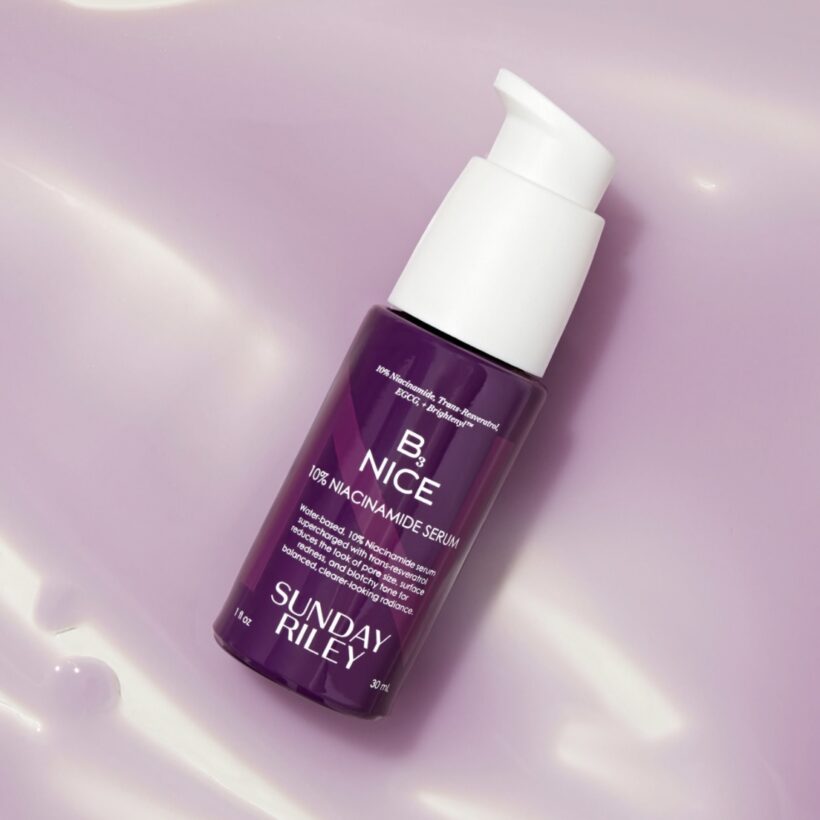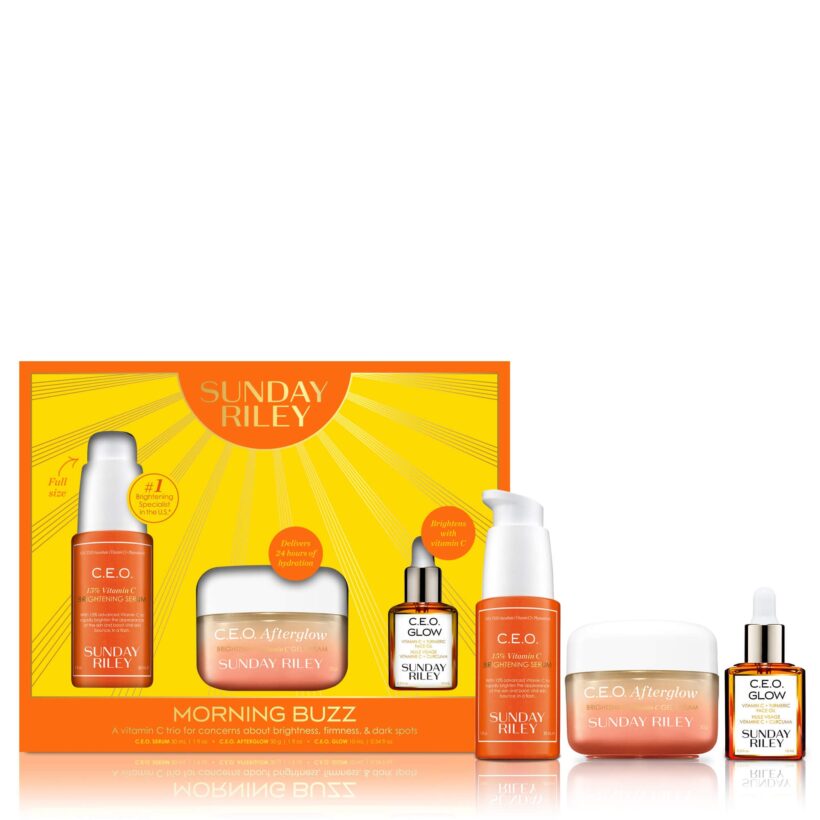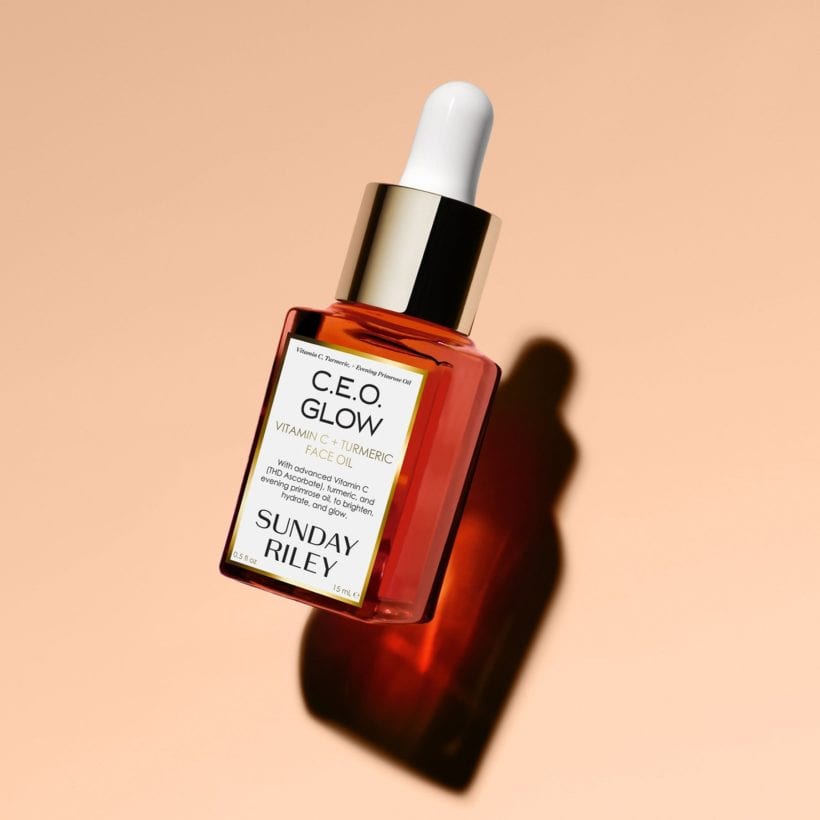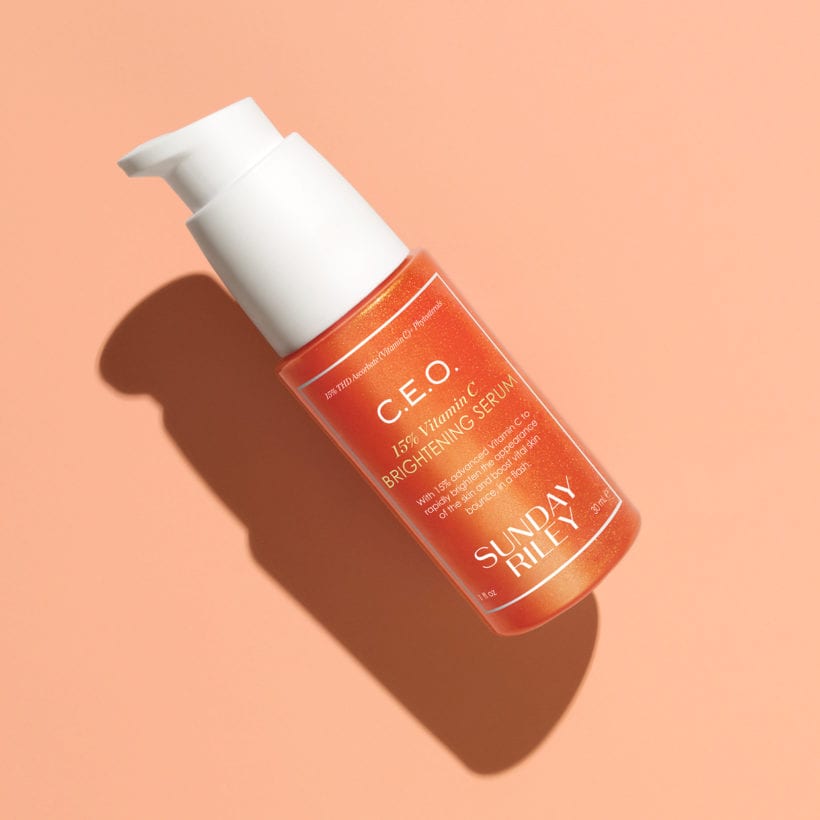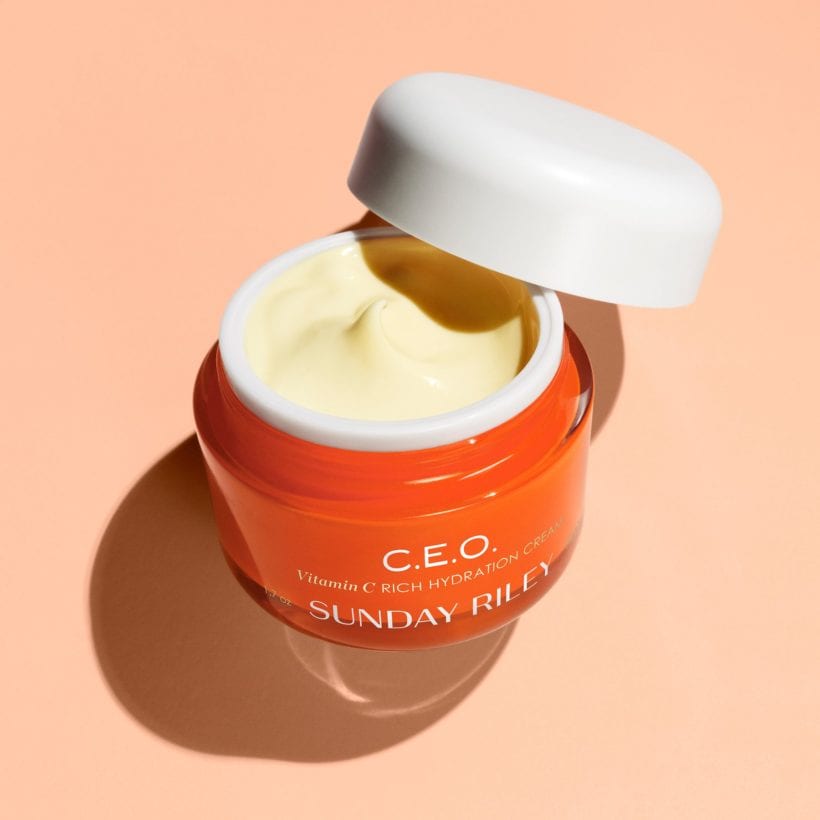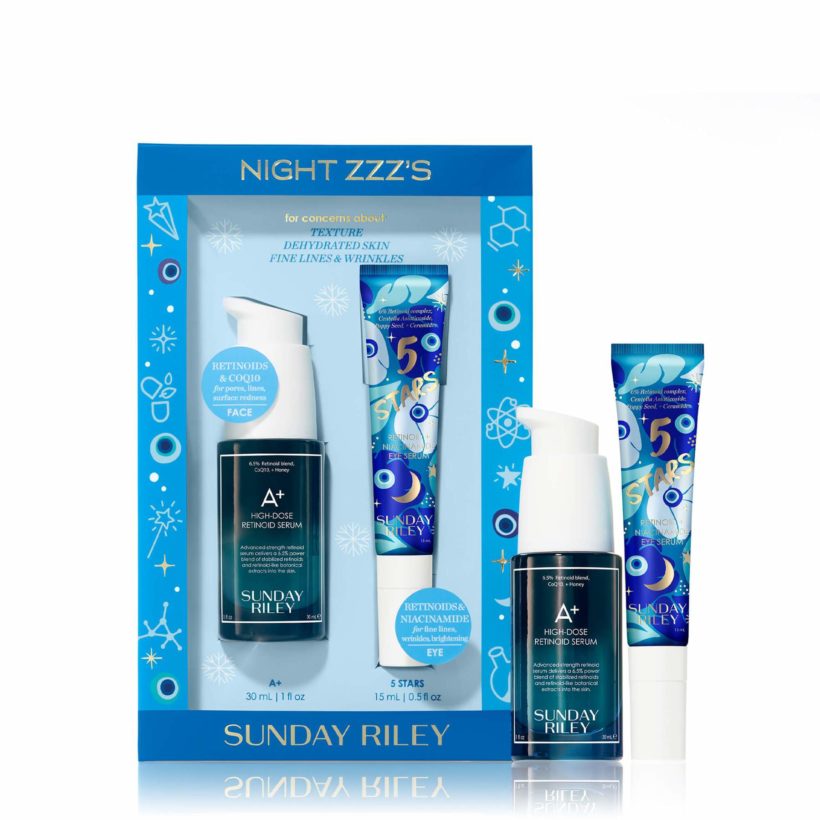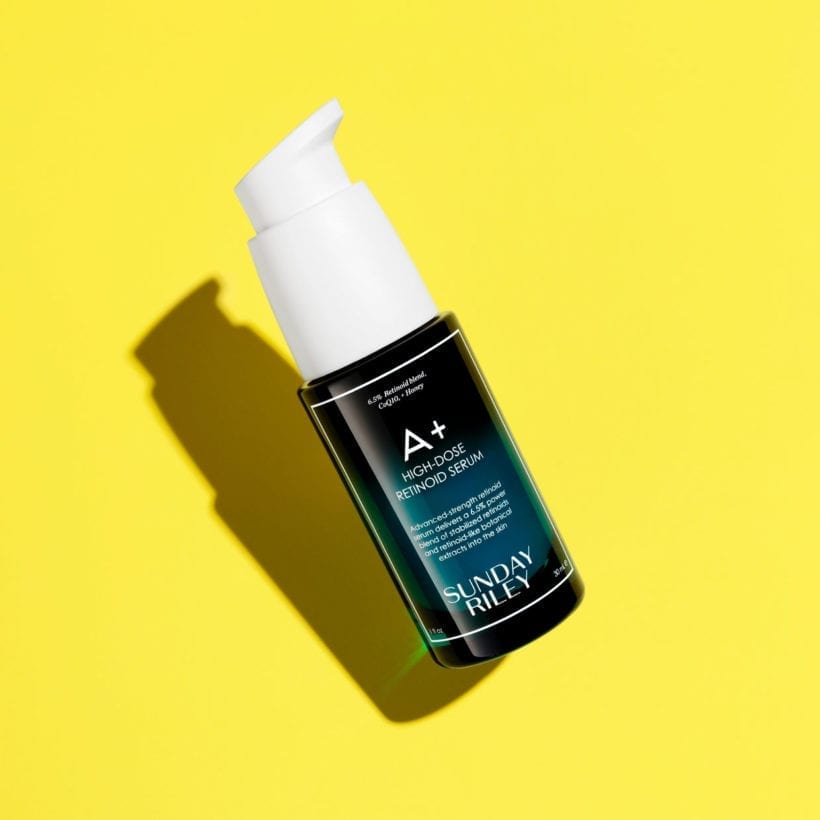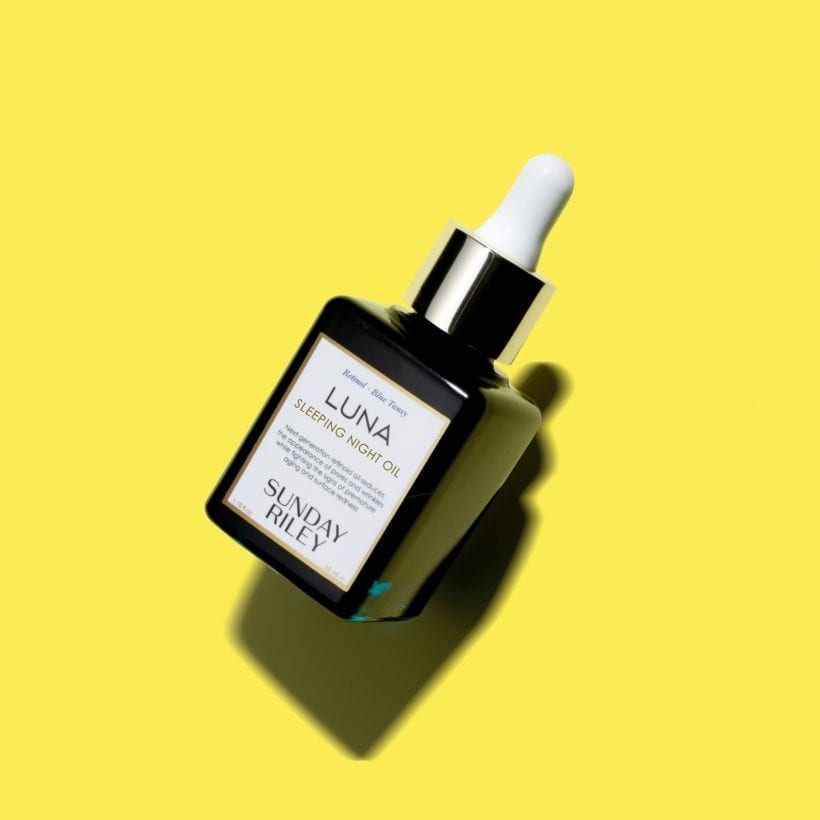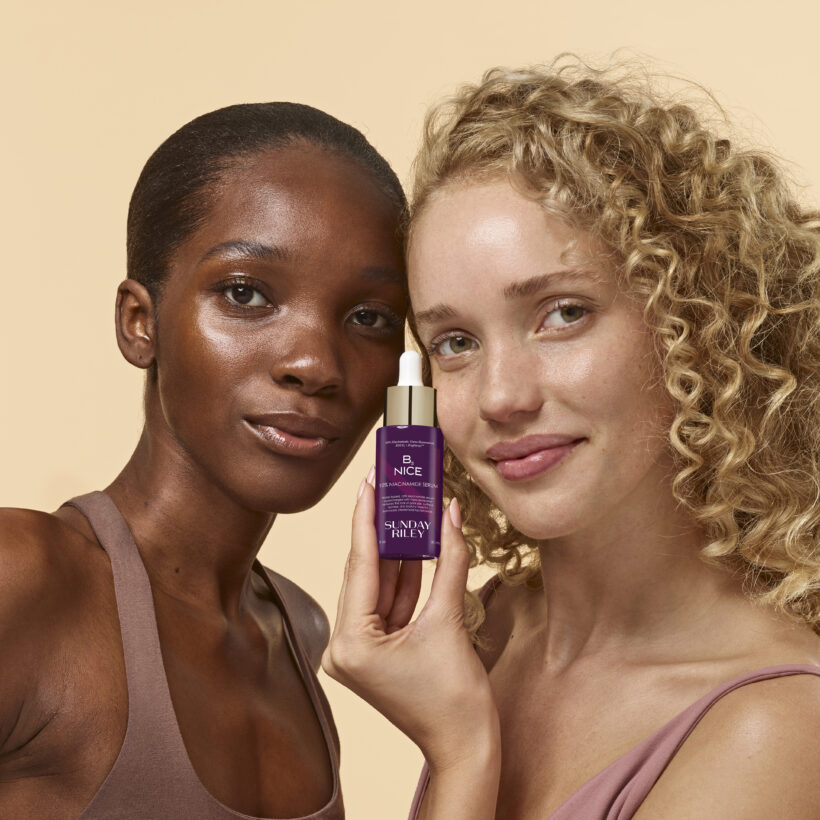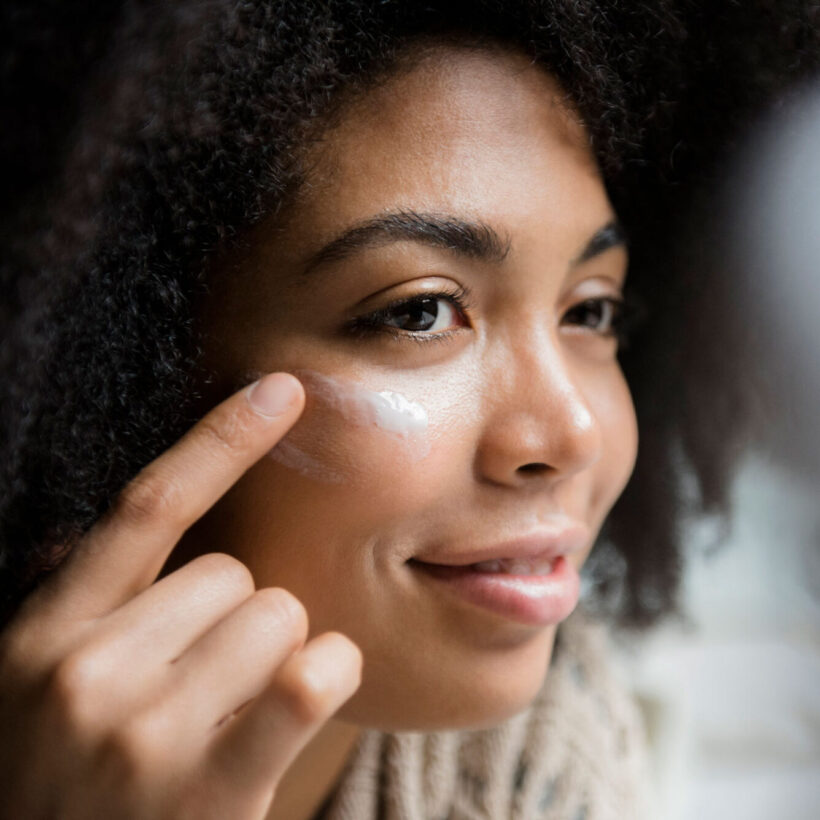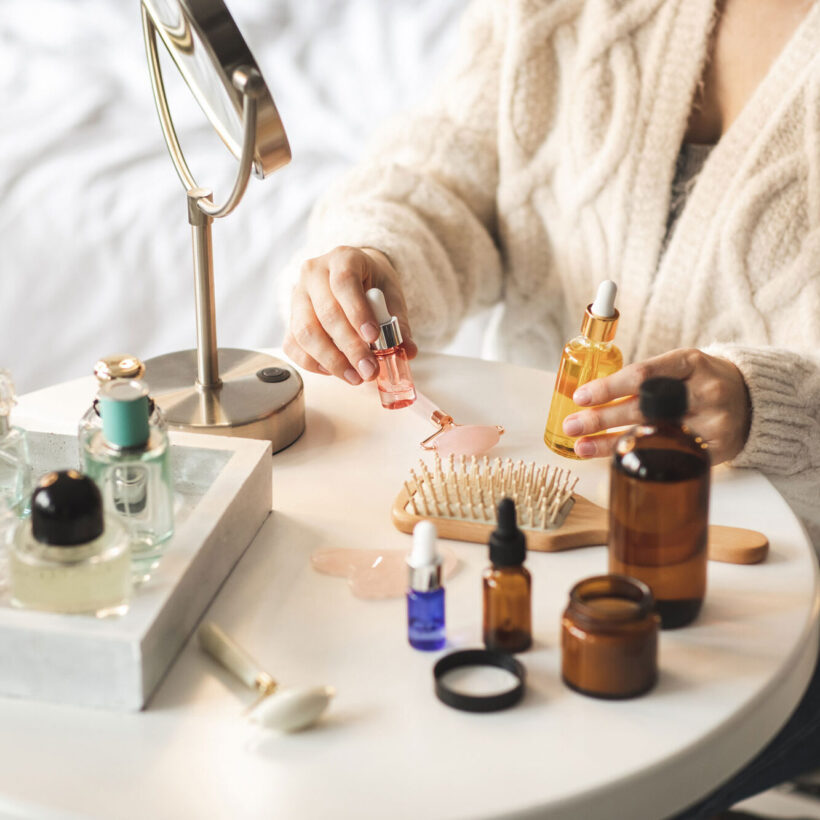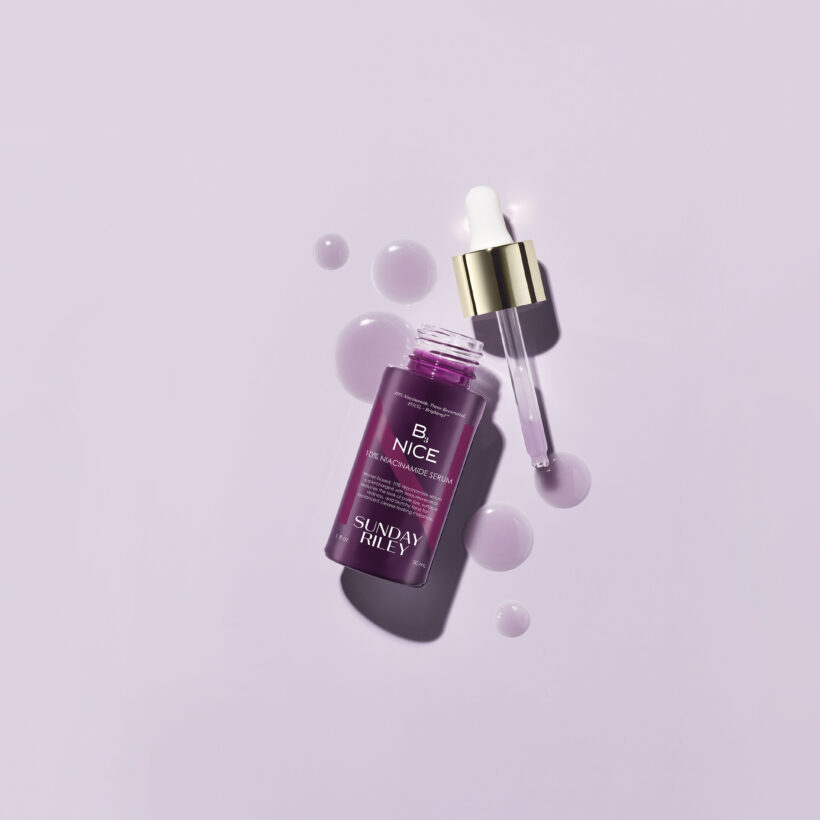Have you heard the glowing news? Sunday Riley B3 Nice 10% Niacinamide Serum is officially available, and our skincare regimen has never felt more complete. Powered by 10% niacinamide, a B3 derivative, the pretty-in-purple beauty mainstay is already garnering buzz — most notably from Sunday Riley herself. “This is one of those magic serums that my daughter and I fight over,” she says. “I use it to even out my skin tone like a magic wand, and she uses it to calm the look of surface redness from breakouts and treatments.”
While yes, the newest addition to our product portfolio boasts amazing benefits, how familiar are you really with B3 Nice’s namesake ingredient? We’ve got you covered below, with our comprehensive guide to boost your skincare IQ and complexion simultaneously.
Ildi Pekar
is a celebrity esthetician.
Jodi LoGerfo, DNP,
is a doctor of nursing practice and dermatology nurse practitioner.
Carole Hazan, M.D.,
is a dermatologist, cosmetic surgeon, founder, and medical director of Aesthetic and Surgical Dermatology of NY.
Meet the Experts
What Does Niacinamide Do to the Skin?
As previously stated, niacinamide is a B3 derivative, meaning this ingredient is in the vitamin B family. It’s incredibly versatile when it comes to its range of benefits, according to celebrity esthetician Ildi Pekar. “It’s great for aging skin as it improves the appearance of enlarged pores, fine lines, dullness, and uneven skin tone,” she says. “It can also help strengthen the skin surface and reduce sebum production in acne-prone skin.”
Niacinamide has long been heralded as a vital ingredient as it relates to promoting a more youthful appearance. According to findings from a 2005 clinical study, observed benefits from a trial that tested only a 5% dosage of the ingredient included “improved appearance of skin wrinkles and yellowing and improved elasticity” in participants. Jodi LoGerfo, DNP, a doctor of nursing practice and dermatology nurse practitioner, echoes the study’s findings. She shares that niacinamide helps promote cell turnover, leading to decreased hyperpigmentation thanks to the ingredient’s role in reducing the “skin’s pigment-producing cells.”
Does Niacinamide Brighten the Skin?
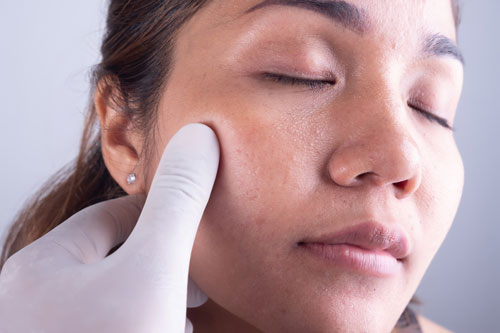
“Niacinamide does brighten the skin as it improves dullness and can be recommended for people with adverse pigmentation,” says Pekar. Niacinamide also improves and evens out the signs of blotchy skin tone caused by post-blemish marks and general surface redness.
Can I Use Niacinamide Every Day?
Both of our skincare experts agree: Niacinamide (and B3 Nice for that matter) is safe enough to use every day as part of your morning and nighttime routines. “It is very well tolerated so using a niacinamide topical product even twice a day is generally considered safe,” says Dr. LoGerfo.
Who Shouldn’t Take Niacinamide?
“Generally speaking, I think it is safe to say everyone can use niacinamide topically, regardless of your skin type,” adds Dr. LoGerfo. Of course, as is the case with introducing any new ingredient of skincare product to your regular routine, test a drop or two on the inner part of your forearm to ensure you’re not allergic or experience excessive redness or stinging.
Vitamin C vs. Niacinamide: Which Is Better?
Both ingredients are powerhouses in their own right. And in case you were wondering — yes, you can use both concurrently.
“There is no reason you can’t use niacinamide with vitamin C or other ingredients, as in fact, they are synergistic,” says Carole Hazan, M.D., a dermatologist, cosmetic surgeon, founder, and medical director of Aesthetic and Surgical Dermatology of NY. “Vitamin C is known for its antioxidant and skin-brightening properties and can be combined with any other ingredient. niacinamide is a gentle ingredient that also has strong anti-inflammatory and antioxidant properties, which are important in protecting the skin from the damage caused by the sun and environmental stressors so they work well together. That said, when I prescribe products and ingredients I do prefer them to be separate … but of course, it does come down to the percentage of the concentration.”
Niacinamide vs. Retinol: Which Is Better?
Both niacinamide (a “jack of all trades,” according to Pekar) and retinol are must-haves when it comes to combating fine lines, wrinkles, and hyperpigmentation. Just like with vitamin C, retinol pairs perfectly with niacinamide.
“I believe that everyone’s skincare journey is different and should be customized to individual preferences and needs,” adds Pekar. “For this reason, it is hard to pick a general recommendation as to which one might be better. Both are great options with slightly different uses that might not fit everyone’s skin goals.”
When in doubt, elevate your skincare routine with products that work with your skin — not against.
We only recommend products we have independently researched, tested, and loved. If you purchase a product found through our links, Sunday Edit may earn an affiliate commission.

